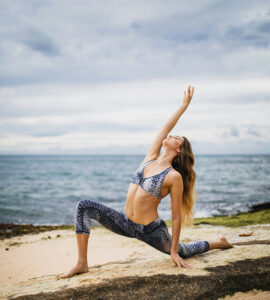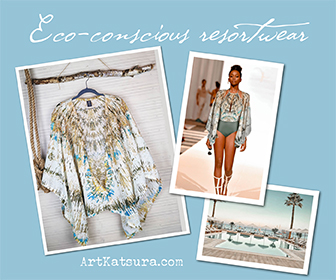Eczema And Exercise: How To Keep Your Skin Happy While Staying Active
You know that feeling after a great workout—energized, refreshed, and strong. But if your skin is sensitive, there’s another side to it: itching, redness, and irritation. Sweat, heat, and friction can trigger discomfort, turning a good workout into a frustrating experience.
Does this mean you should avoid exercise? Not at all. Movement is essential for your health, and the right approach can help you stay active without unwanted flare-ups. A few smart choices can protect your skin while keeping you moving.
Curious to know what these are? Stick around. We’re about to break down the best ways to keep your skin calm while keeping up with your fitness routine.
1. Choose the Right Workout Environment
Where you exercise plays a big role in how your skin reacts. If your skin is sensitive, avoid working out in hot, humid conditions that make sweating excessive. Opt for well-ventilated gyms, shaded outdoor areas, or early morning and late evening workouts to minimize heat exposure.
Swimming can be a great alternative since it keeps the body cool, but chlorine can be drying. So, if you swim, rinse off immediately after and apply a gentle moisturizer to prevent irritation.
2. Balance Diet for Skin Health
What you eat directly affects how your skin reacts to exercise. Some foods can trigger inflammation and sensitivity, while others help strengthen the skin’s barrier. That’s why managing eczema with your diet is often recommended as the best way to support skin health. A balanced diet rich in omega-3s, nuts, and leafy greens can help reduce flare-ups and keep your skin more resilient.
At the same time, cutting back on processed foods and excess sugar may prevent unnecessary irritation. Additionally, supporting gut health with probiotics plays a role in maintaining skin balance. By nourishing your body with the right foods, you’re not just improving overall health—you’re giving your skin the care it needs.
3. Wear Breathable and Soft Fabrics
The right clothing can make all the difference when working out. Tight, synthetic fabrics trap heat and create friction, which can lead to irritation and discomfort.
So, opt for soft, moisture-wicking materials like cotton blends or athletic fabrics that help pull sweat away from your skin. Loose-fitting clothes are another great choice since they reduce friction and allow your skin to breathe.
Moreover, don’t forget about laundry care. Washing workout clothes with a fragrance-free detergent helps prevent irritation from lingering residues.
4. Stay Hydrated for Skin Resilience
Hydration plays a key role in maintaining skin balance, especially when you exercise. Consuming enough water before, during, and after your exercise helps regulate body temperature and control dehydration, which can lead to dry, irritated skin.
However, if you need electrolyte replenishment, opt for skin-friendly options like coconut water instead of sugary sports drinks. Eating water-rich foods, such as cucumbers and melons, can also support skin hydration from the inside out.
5. Manage Sweat Effectively
Sweat isn’t the enemy, but allowing it to sit on your skin for too long can lead to irritation. So, if possible, shower immediately after a workout to remove sweat and bacteria.
When that’s not an option, gently pat (never rub) sweat away with a soft towel or use fragrance-free wipes to clean sensitive areas. Applying a light barrier cream before workouts can also help reduce direct sweat contact with the skin.
6. Recognize and Adapt to Triggers
Not all workouts affect the skin the same way, so paying attention to what causes irritation is important. If certain exercises lead to discomfort, try adjusting their intensity or duration. High-intensity workouts that cause excessive sweating might need modifications.
Alternatively, low-impact activities like yoga, Pilates, or cycling could be gentler on your skin. Small adjustments like these can make a big difference in keeping your skin comfortable while you stay active.
7. Consult Professionals for Personalized Advice
Even with the best precautions, skin can sometimes react unpredictably. If flare-ups persist, consulting a professional can help. A dermatologist can recommend tailored skincare solutions, while a fitness coach can help modify workouts to reduce friction and irritation.
Still, if needed, a nutritionist can also provide dietary recommendations to help keep skin inflammation at bay.
Concluding It Up All Together!
Exercise should feel good—not leave your skin irritated and uncomfortable. The right approach can help you stay active while keeping your skin calm and balanced.
From choosing the right clothing to staying hydrated and making smart dietary choices, small adjustments make a big impact. Also, pay attention to your skin’s needs, experiment with different solutions, and don’t be afraid to seek expert advice when necessary. However, if the problem persists, a professional can help you find the best solutions.












